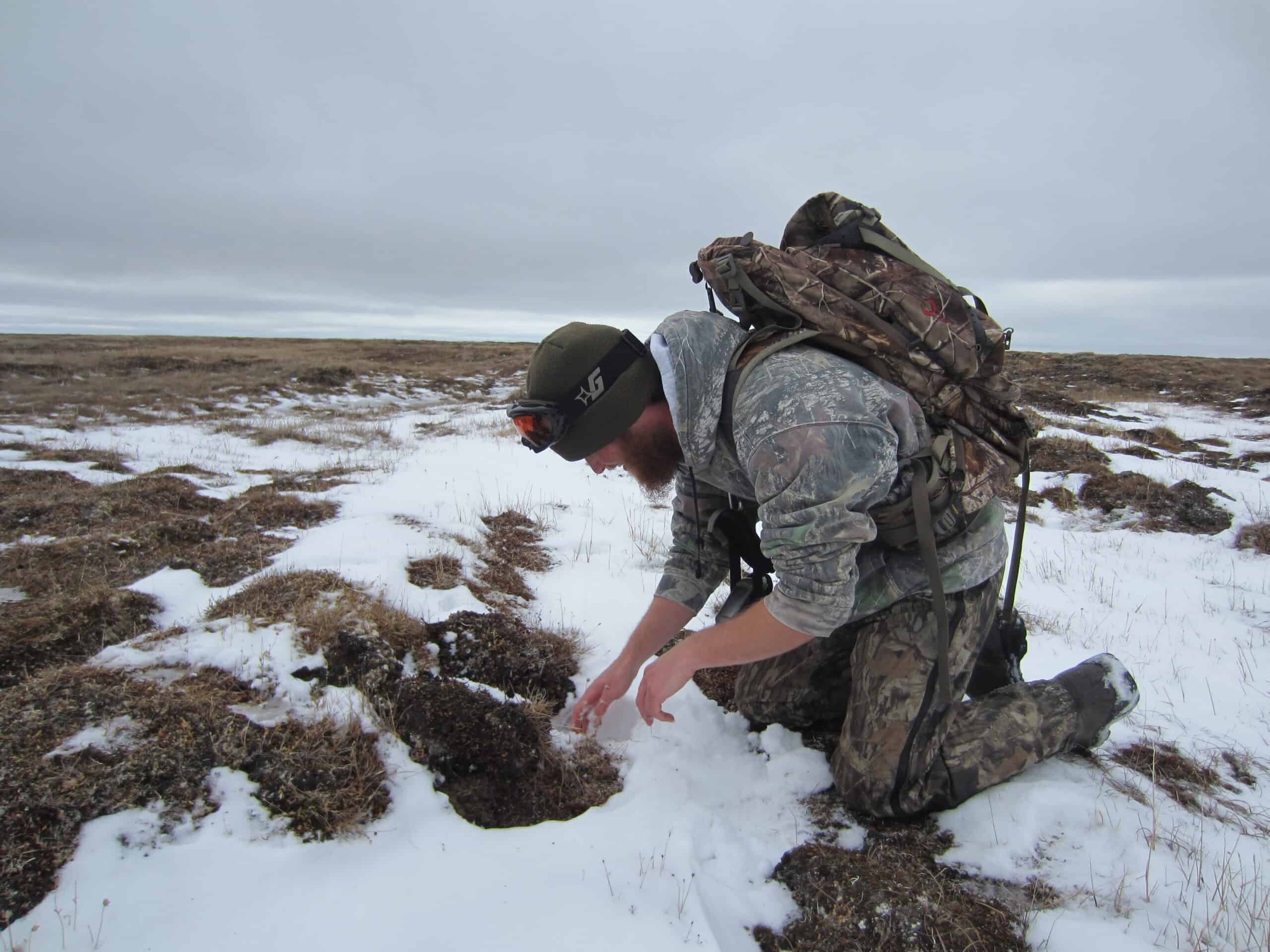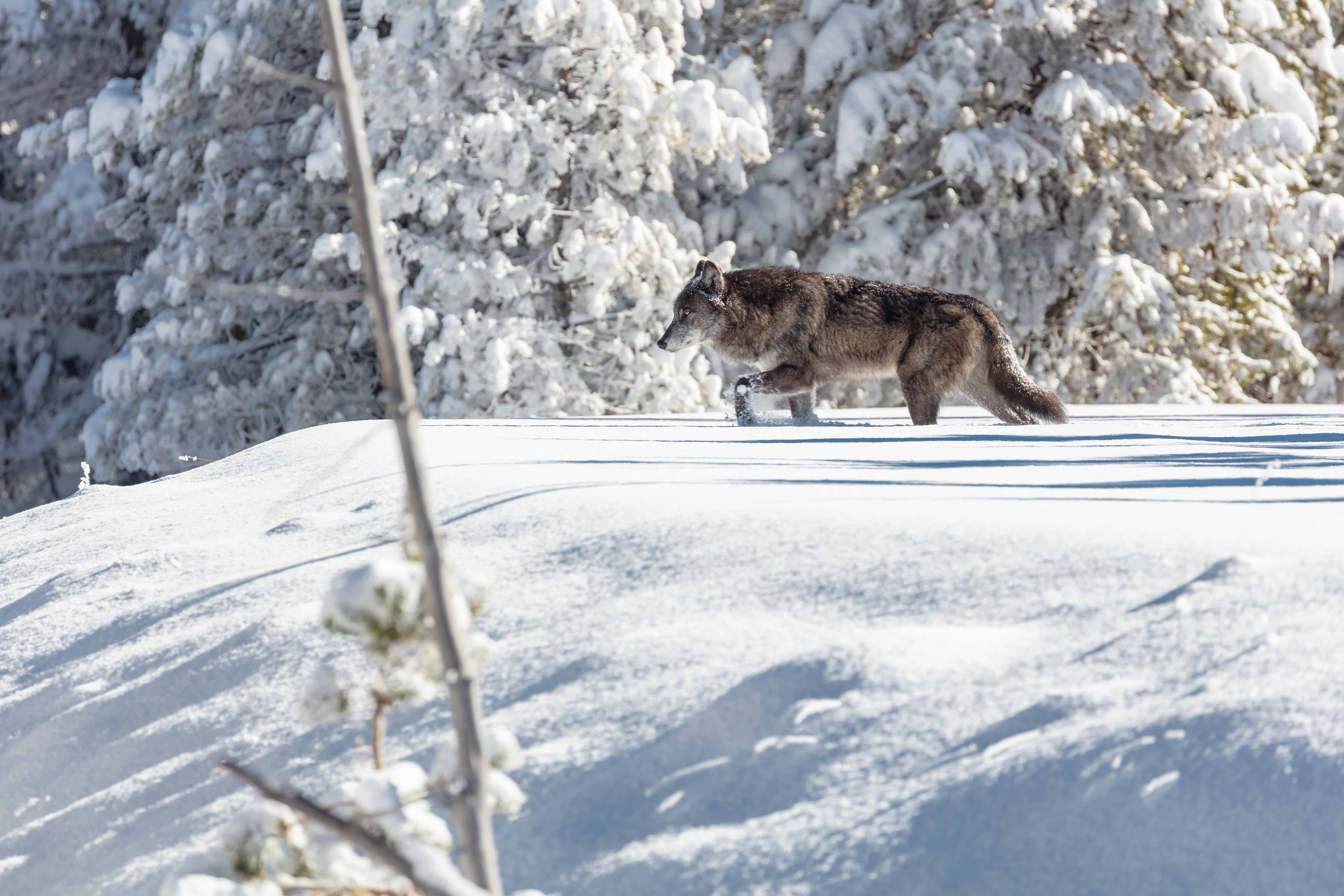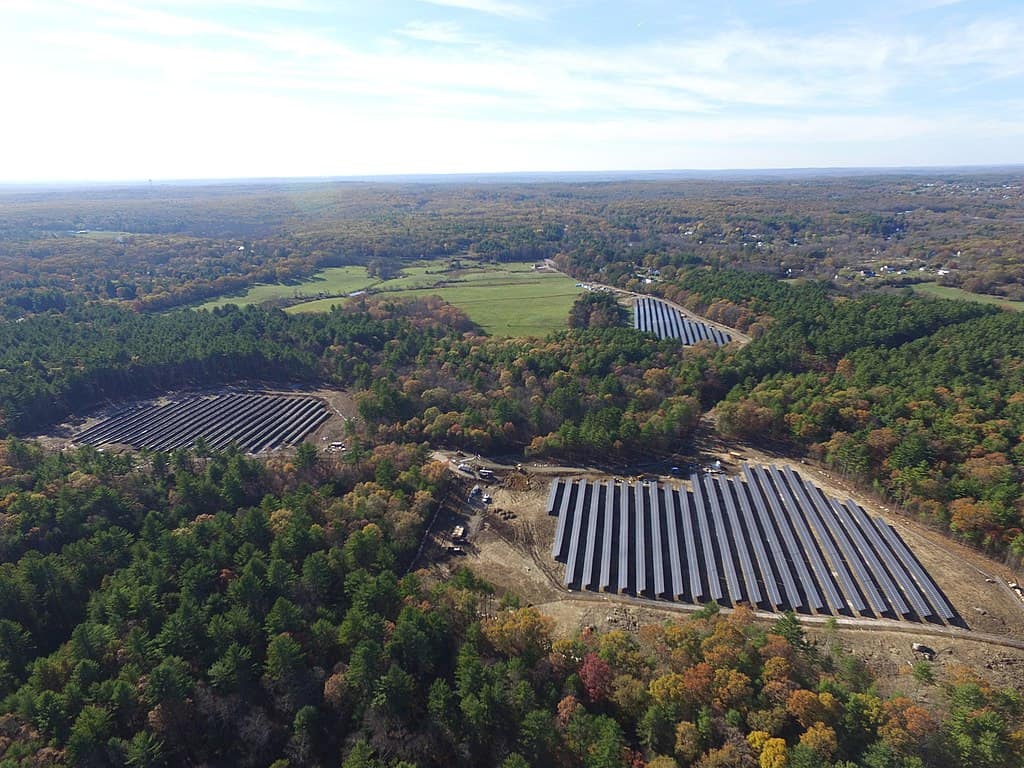Share this article
TWS supports increased funding for USDA conservation programs
TWS submitted testimony on FY 2025 appropriations
TWS submitted testimony to House and Senate appropriations subcommittees advocating for funding for Agriculture Department wildlife conservation programs in the Fiscal Year 2025 budget.
The testimony included support for budget requests for the Animal and Plant Health Inspection Service Wildlife Services program, formula grants and minority-serving institution programs within the National Institute of Food and Agriculture and the Natural Resources Conservation Service.
TWS called for increased funding for Wildlife Services, including $125 million for the Wildlife Damage Management program and $27 million for methods development. Our testimony emphasized the importance of maintaining inflation-adjusted levels to support essential programs like the National Rabies Management Program and feral swine management. Funding for methods development supports the critical research conducted at the National Wildlife Research Center, enabling the development of science-based solutions to reduce human-wildlife conflict and address emerging wildlife management challenges.
TWS also advocated for increased funding across multiple programs under the National Institute of Food and Agriculture. Our testimony highlighted the importance of the Renewable Resources Extension Act, emphasizing its role in providing resources to state extension programs for forest and rangeland management. With RREA funding stagnating at $4 million annually despite an authorized level of $30 million, TWS urged for an increase to $10 million in FY 2025 to better align with its authorized funding level.
TWS also called for funding support for the McIntire-Stennis Cooperative Forestry Program—which promotes research projects benefiting private land management practices—with a requested funding level of $43 million. Recognizing the significance of NIFA Minority Serving Institutions programs, TWS recommended allocating $365 million to support capacity-building initiatives and education pathways. Specifically, TWS advocated for funding allocations of $20 million for the Hispanic Serving Institutions Education Partnerships Grants Program, $6 million for the Alaska Native Serving and Native Hawaiian-Serving Institutions Education Grants and $11 million for the 1890 Institutions Centers of Excellence. TWS further emphasized the importance of supporting additional NIFA-administered programs, such as the National Scholars Program and the Tribal Scholars Program, to promote diversity and inclusivity in agriculture, food and natural resource sciences.
TWS requested $900 million for the NRCS, stressing the importance of fully funding conservation programs authorized by the 2018 Farm Bill and administered by the NRCS. This includes the NRCS Conservation Technical Assistance program, which offers tailored solutions to landowners for implementing conservation initiatives while ensuring transparent and accountable fund utilization.
There has been a rising demand for CTA services, which have helped develop conservation plans covering over 75 million acres in 2023 alone. Funding from the Inflation Reduction Act enabled the enrollment of more landowners and acres in voluntary conservation programs than ever before.
The House and Senate subcommittees will review the requests and testimony before voting on a final appropriations bill.
Header Image: A USDA-Wildlife Services field specialist sets a fox trap at a conservation area in Alaska. Credit: USDA








